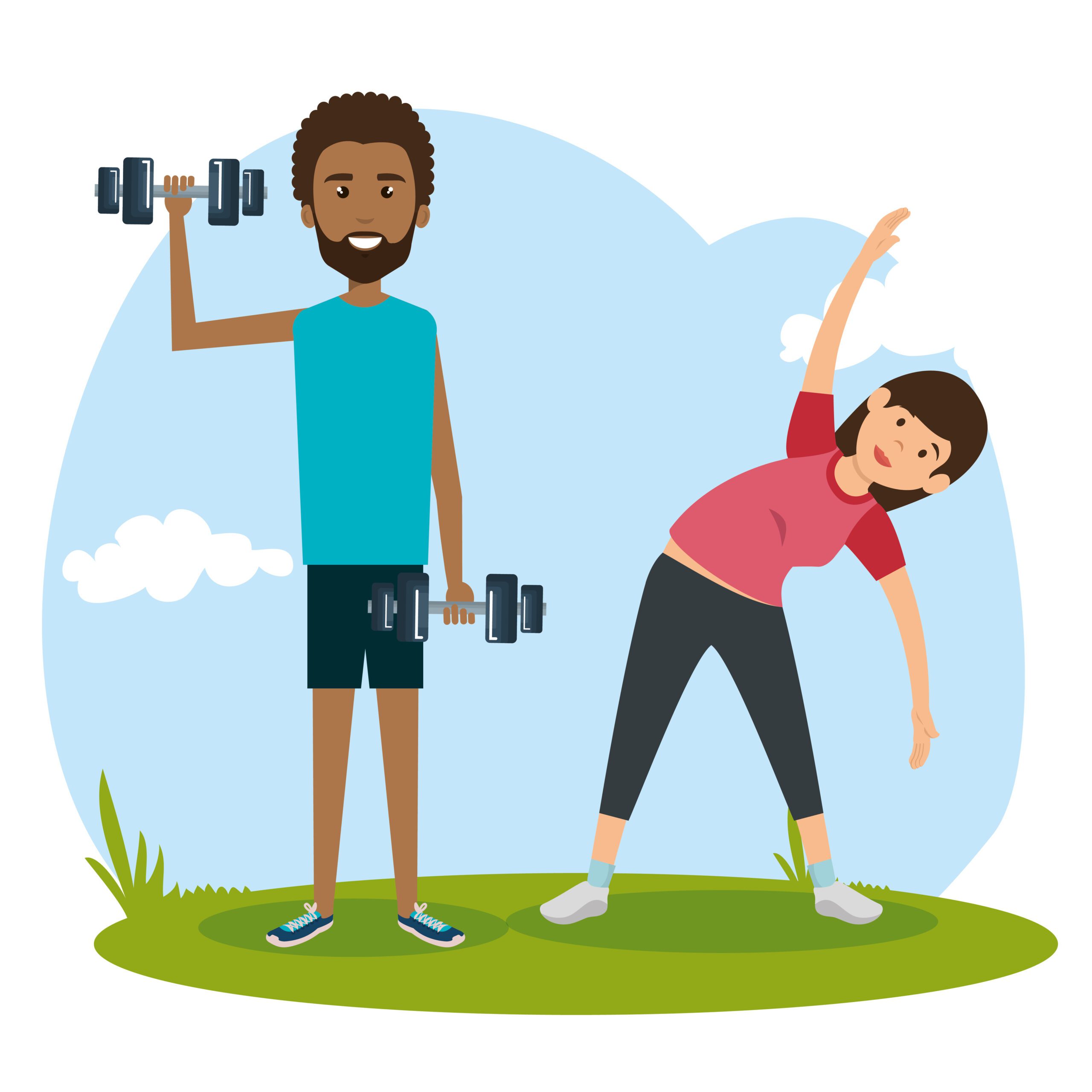
What Time of Day is Best to Exercise?
About a month ago we showcased an article on what type of exercise is most beneficial for fat loss: weight training, cardio, or a combination of both. The answer, after significant research, was cardio. And because scientists are never quite satisfied with reaching one conclusion, there was another question on the table: does it matter what time of day you exercise?
It turns out, that for optimal health, mid-day exercise is best. And here’s why.
You’ve Got Rhythm
It’s something you probably don’t think much about or even know much about, but your body is ruled by rhythms. Now, this may seem to be a minor detail in the scope of your other bodily functions. A healthy heart, circulatory system, working organs, muscles, tissues, a healthy brain – those all seem to be more important on the list of a tip-top human. So you might be surprised to learn that a disrupted circadian rhythm can lead to an increased risk for diseases like diabetes and cancer, as well as obesity, memory loss, mood disorders, and depression.
In fact, according to lead researcher Christopher Colwell, a professor of psychiatry at the University of California, Los Angeles’s Brain Research Institute, “the heart, the liver, the brain – all are controlled by an endogenous circadian rhythm.” Colwell goes on to say that “We believe there are serious potential health consequences to problems with circadian rhythm.”
In this study, conducted on mice, he set out to see if exercise – particularly the time of day one performs that exercise – could help “re-set” one’s internal clock.
The Study
Colwell and his team looked at both healthy mice with “normal” circadian rhythm patterns and mice that were unable to produce a critical internal clock protein. In the healthy mice, there was actually little change in circadian rhythm when they performed physical activity. But in the mice that had an internal clock that was “off,” exercise made a fairly significant difference. After weeks of running, the mice’s internal clocks were more robust, and messages traveled to their hearts and livers more frequently than their non-exercising counterparts.
Not only that but the mice that exercised later in their awake period (or “afternoon equivalent” in humans, since mice are nocturnal animals) saw a benefit in circadian activity that was especially pronounced.
While more research is needed to study the effects of exercise on the human internal clock, it’s evident that physical activity is beneficial for regulating circadian rhythms – especially as individuals enter middle age. Whether or not afternoon exercise is best for reaping those benefits is yet to be seen.
One recommendation from Colwell, however, is to avoid nighttime exercise – especially right before bedtime. Results from his research showed that mice that ran at the animal equivalent of 11 p.m. or later “developed significant disruptions in their circadian rhythm,” and also slept poorly.
In Conclusion
The message here is pretty clear: exercise, whether for fitness, weight loss, managing heart health, or balancing your own internal clock is valuable – especially as you age. You don’t need to wait for further research to get started, either. GET MOVING!

A new study suggests that a widely used sugar substitute found in diet sodas, chewing gum, and low-sugar yogurt may elevate insulin levels. This could increase the long-term risk of heart disease. “Artificial sweeteners have infiltrated nearly all types of food, making it crucial to understand their long-term health effects,” said Yihai Cao, senior author […]

Diet Coke has long been a fan-favorite among soda lovers who want a fizzy, guilt-free alternative to traditional soft drinks. While its zero-calorie, zero-sugar label makes it seem like a healthier option, the reality is far more concerning. Despite its undeniable popularity, Diet Coke’s nutritional profile has raised red flags among health experts for years. […]

New study shows that embracing an anti-inflammatory, plant-forward diet can support cognitive function and help reduce the risk of dementia. What You Eat Shapes Your Brain The food you eat doesn’t just impact your body—it also affects your brain. Research suggests that eating an anti-inflammatory, plant-based diet can help improve memory, focus, and overall brain […]